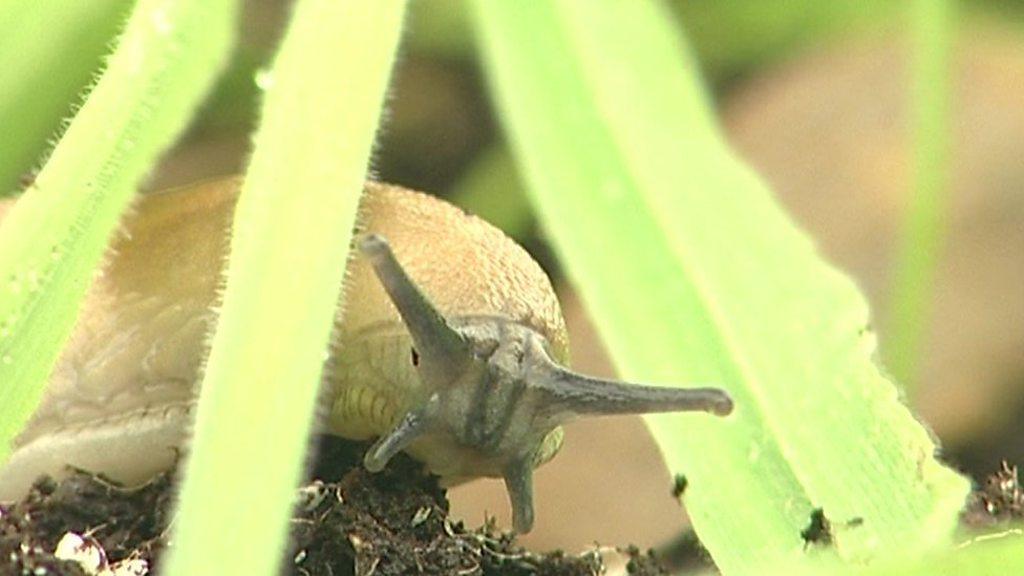Harper Adams scientists look for new ways to control slugs
- Published
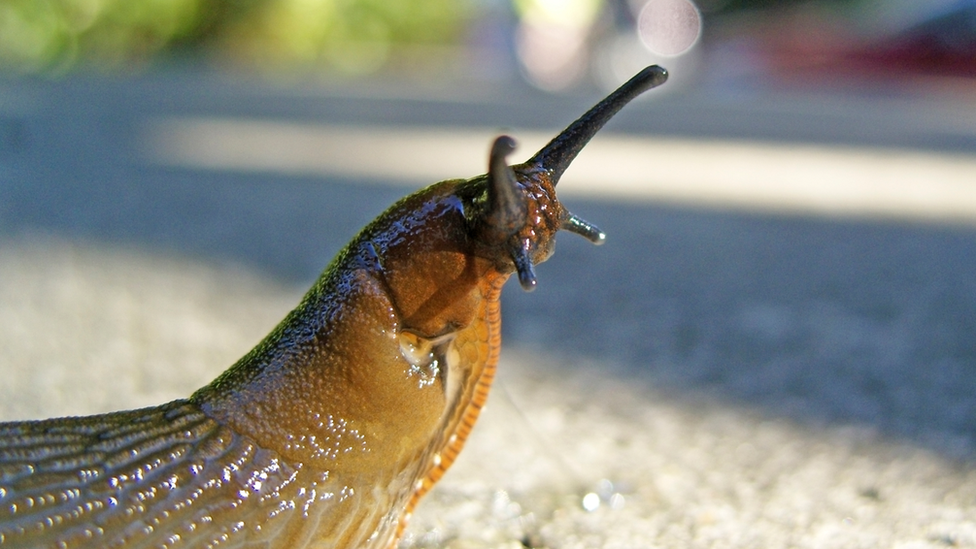
The slug population has grown because of the wet weather this year
Slugs cause damage to crops put at millions of pounds every year.
This year, after plenty of rain, the population has exploded.
But now Harper Adams University in Shropshire is working with a network of farmers to see if there's a greener and cheaper way forward to control the slippery critters.
It's not something I'll ever forget - losing a vital research slug.
Back in 2016 we were filming slugs at Harper Adams University in Shropshire. They had been fitted with tiny trackers about the size of a grain of rice, you could just make them out inside the slugs with the aid of a bright light.
The aim was to learn for the first time how slugs behaved and moved under the ground and so of course I insisted we took our test slug out to film in a field. We popped them down and watched as they disappeared into a crack in the ground with surprising speed, never to be seen again.
Or so I thought. In fact three weeks later the slug was picked up and recovered thanks to its in-built tracker.
This project since then has revealed much about slug behaviour, not least that they aren't distributed evenly throughout the soil. This research shows they tend to form patches of slugs instead.
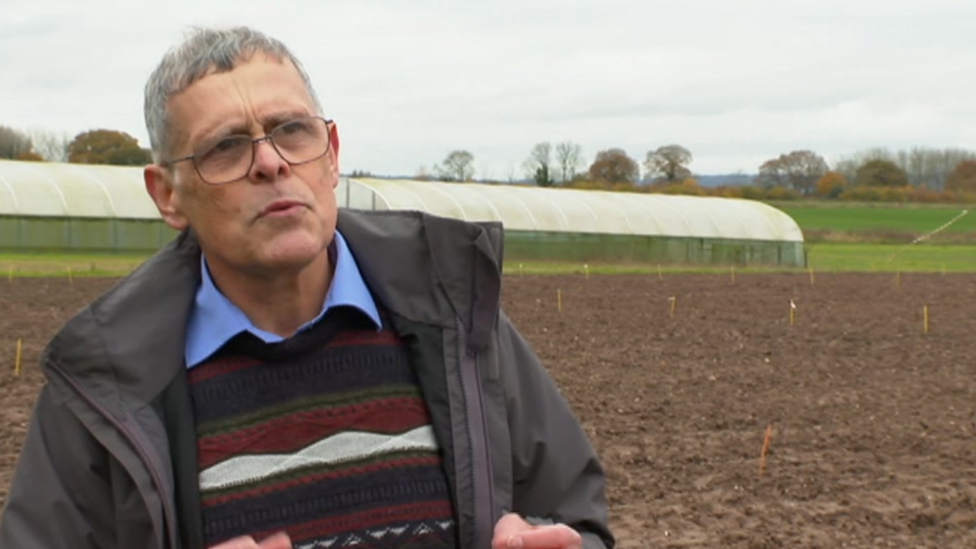
Prof Keith Walters has been researching slug behaviour
Prof Keith Walters, who seems to have forgiven me for losing his slug, explained what the research uncovered about slug behaviour.
It seems when a slug meets another they slow down and then importantly they start to turn. And they favour turning one direction over another. The end result is patches of slugs underground.
This opens up a very interesting possibility in slug control for farmers. Just like gardeners, farmers use pellets to kill slugs and they treat a whole field in one go.
But if the team involved in this research can find a way to predict where slug patches will form, you have the potential for much more targeted control measures.
And targeted control is greener, uses less chemicals, and is also cheaper.
The work has now moved from the lab to a slug survey taking place on farms across the country and I travelled to Mitcheldean in Gloucestershire to learn more.
Here, farmer Charlie Whitehouse told me he had a pretty good feel for the parts of his fields where there were more slugs - most farmers do.
But if this work can predict the slug patches then it means even more accurate targeting and importantly anyone on the farm could do it and Charlie can get on with other jobs.
The final part of this project is to do away with chemicals completely and see if small farm robots could be used to zap slugs with natural controls like certain types of nematodes - worm parasites that target slugs and snails.
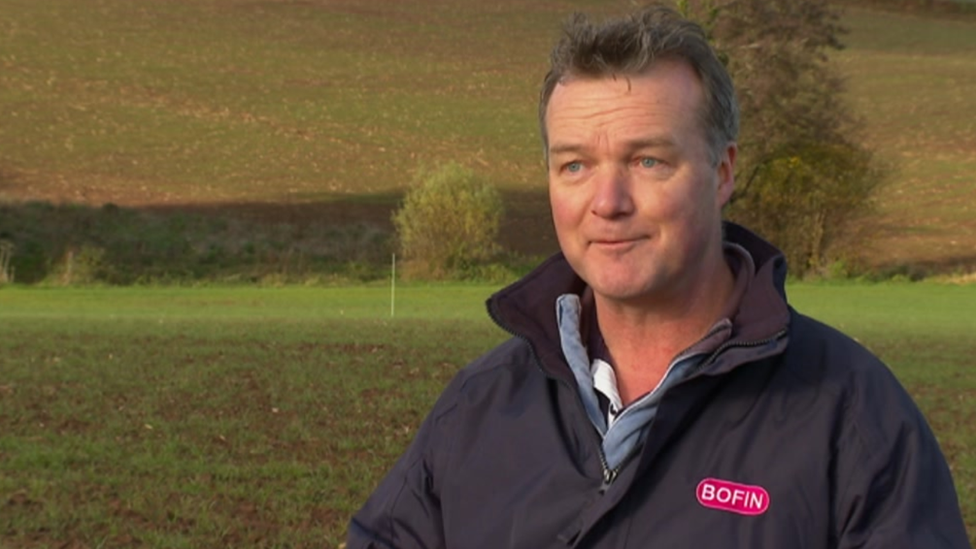
Tom Allen-Stevens wants people to post slugs to his researchers
Tom Allen-Stevens runs Bofin, the British On-Farm Innovation Network.
Teams are working to teach robots how to identify slugs, but to do that they need thousands of live slugs to train the algorithm.
The call has gone out to gardeners to send slugs to the researchers via the post.
You can request a Slug Scout Pack from the group, external and send in your samples.
Tom stresses it's perfectly safe, just don't send your slugs on a Friday, it's not nice for them to be left in a mailroom over the weekend.

Follow BBC West Midlands on Facebook, external, X, external and Instagram, external. Send your story ideas to: newsonline.westmidlands@bbc.co.uk, external
Related topics
- Published2 March 2021
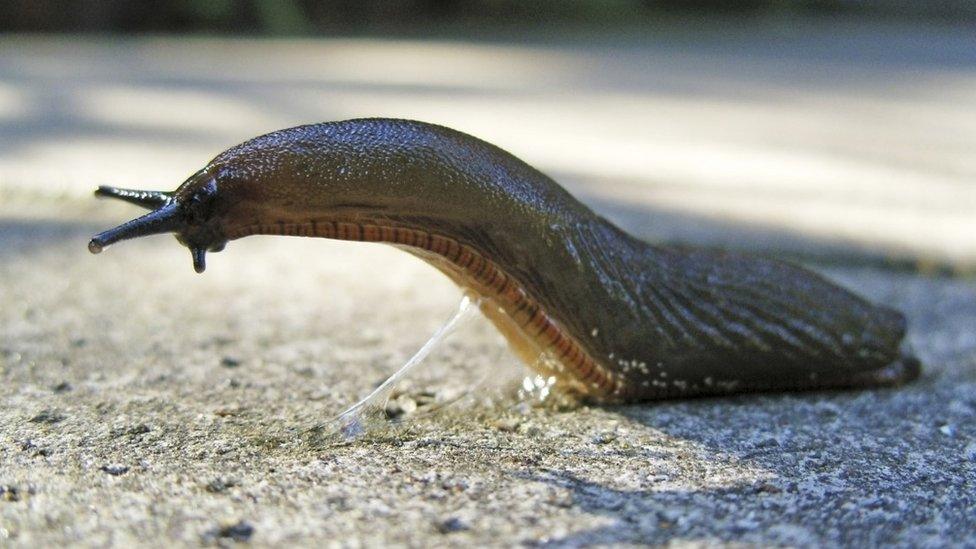
- Published23 January 2020
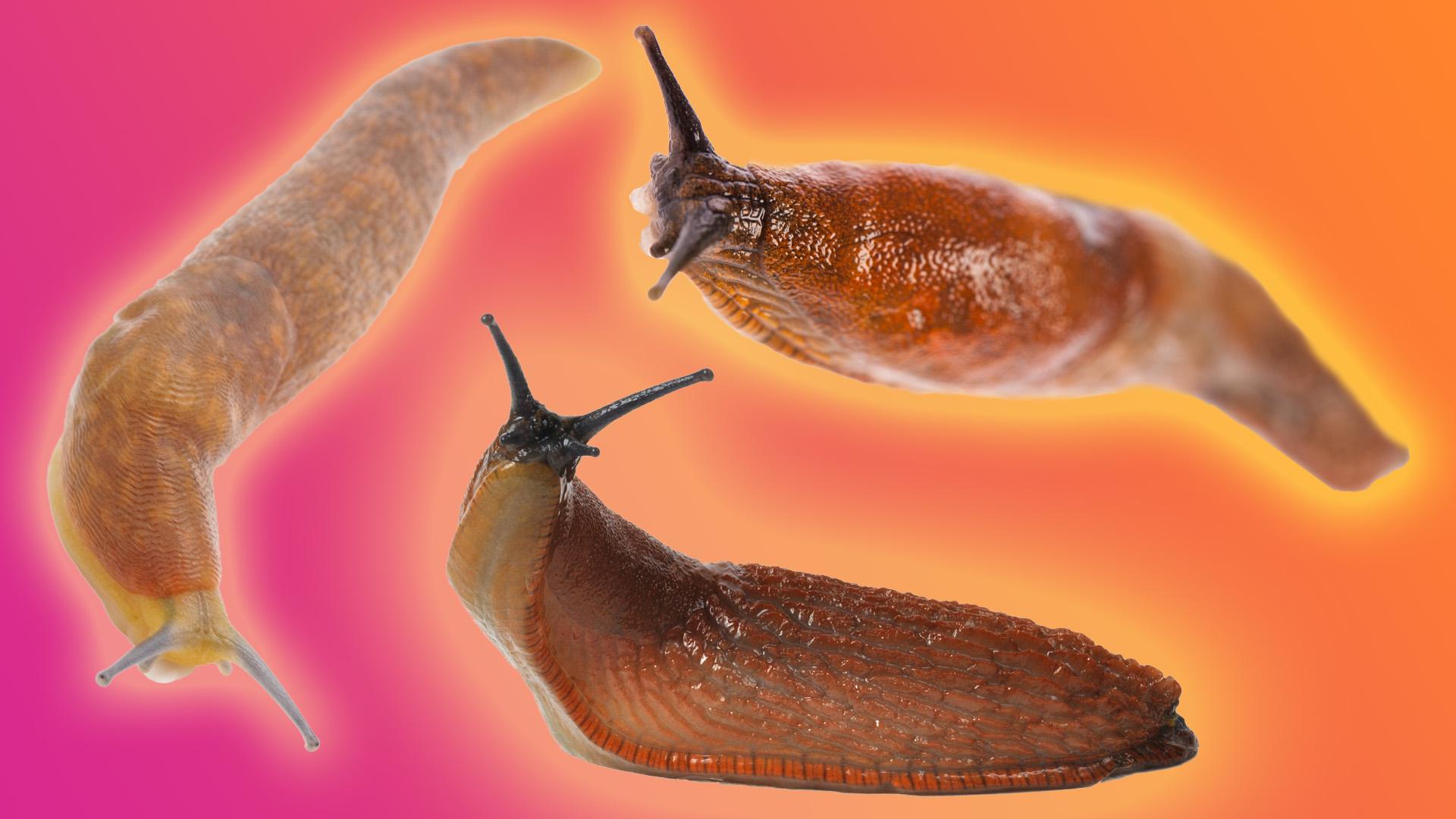
- Published11 January 2020
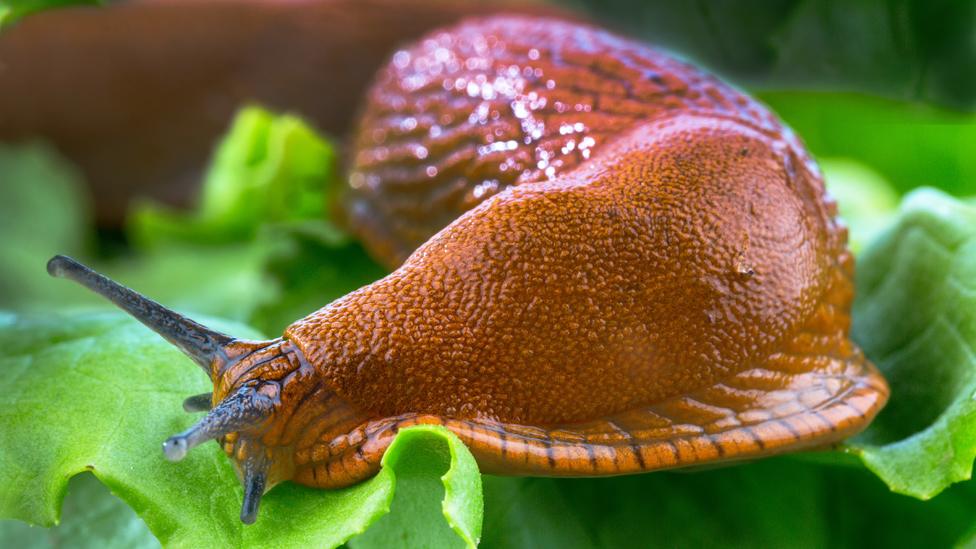
- Published5 June 2018
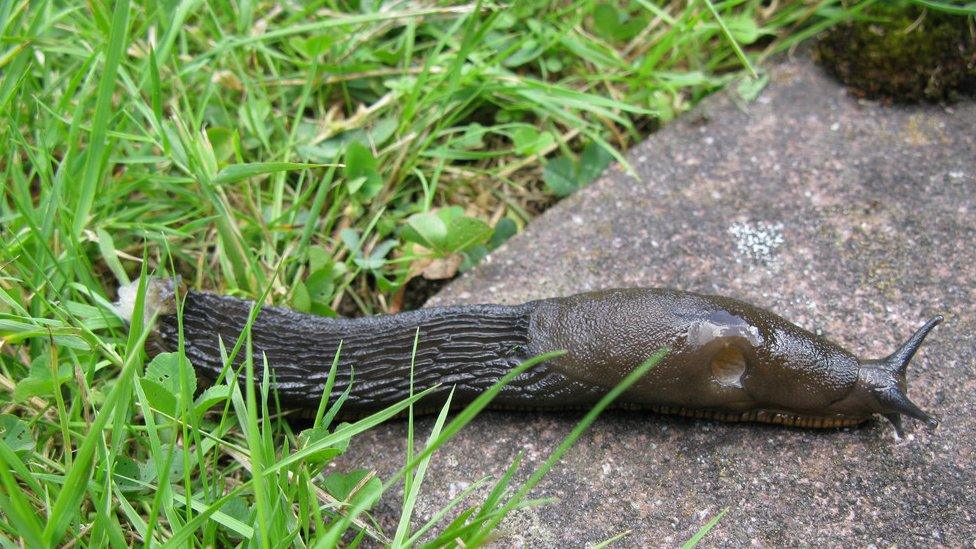
- Published5 June 2018
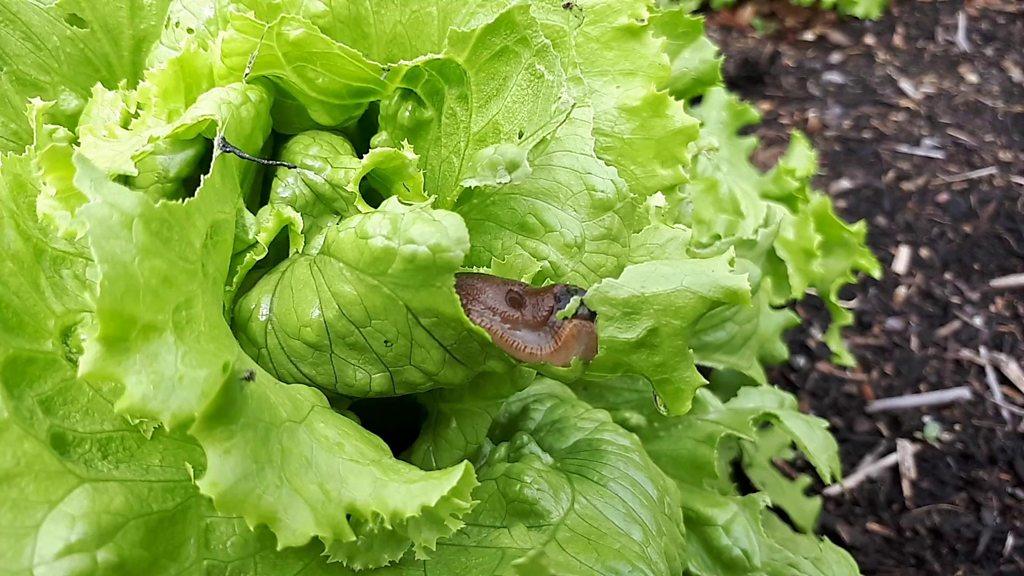
- Published29 April 2016
